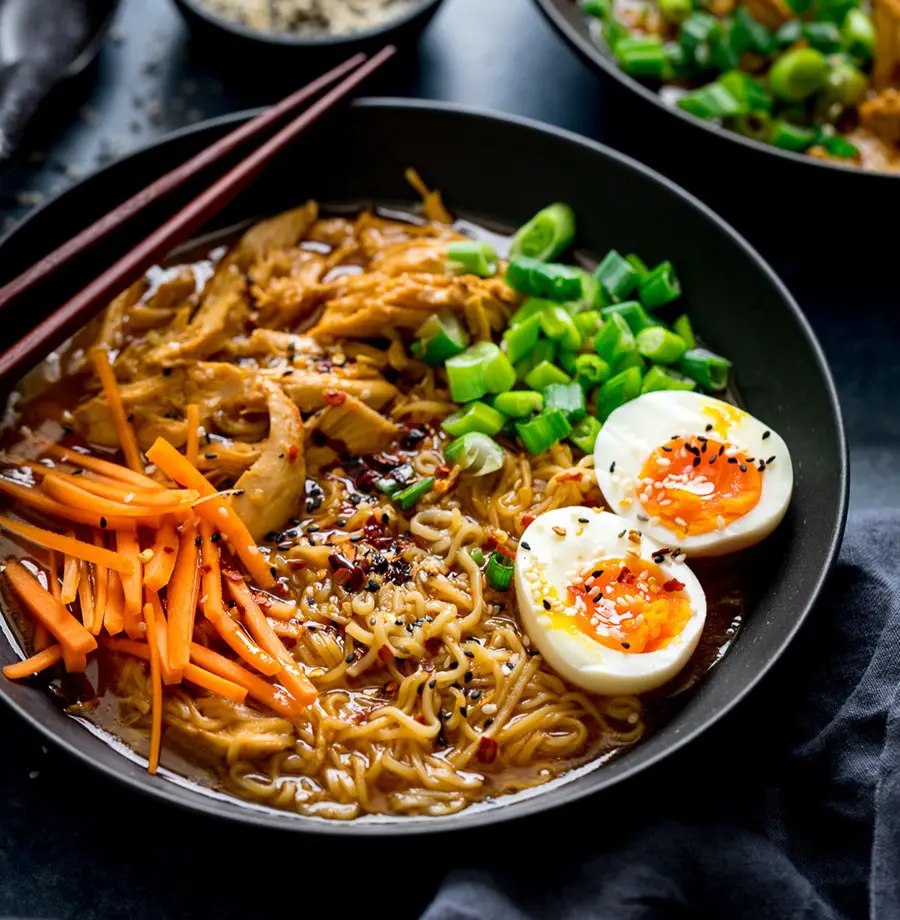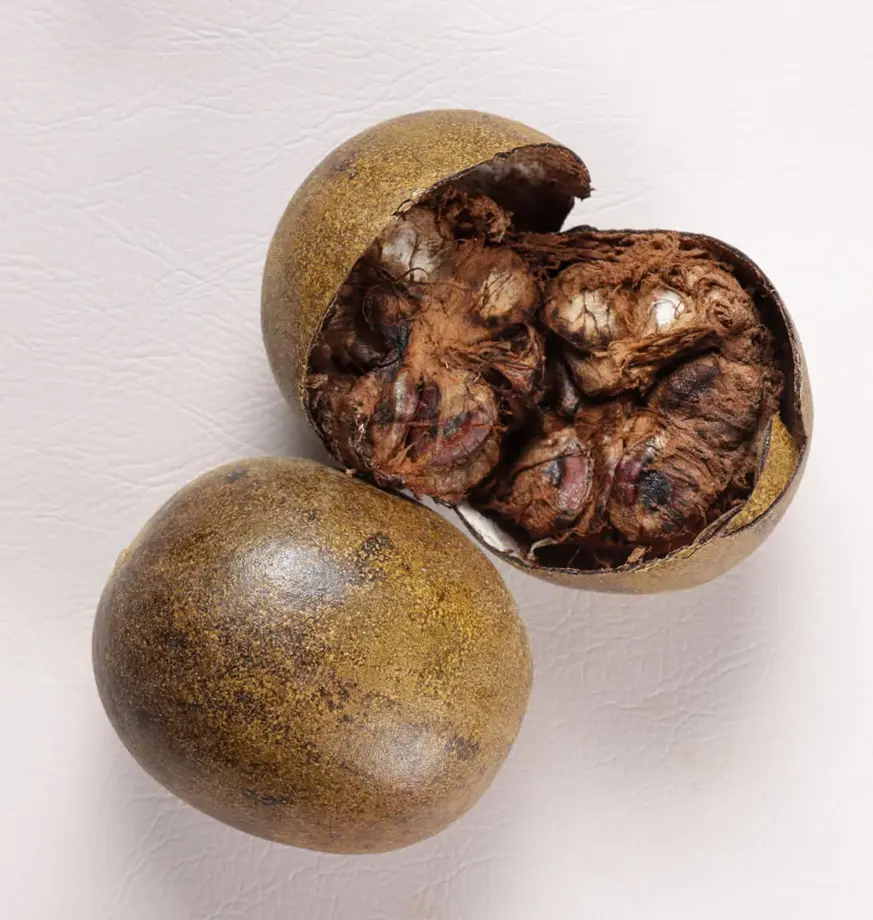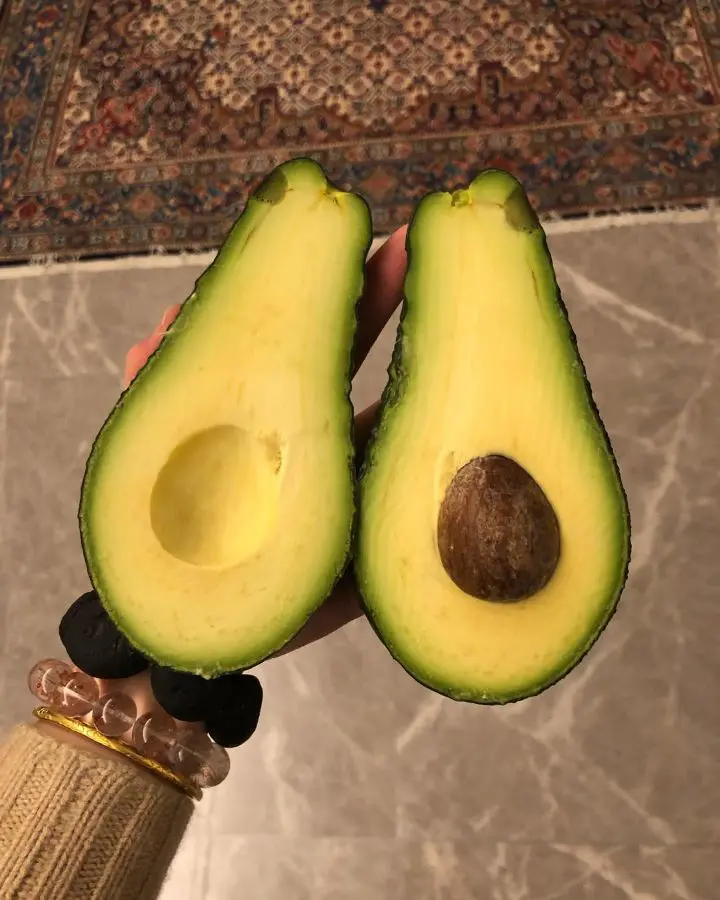20 Best Foods For Inflammation + What To Avoid
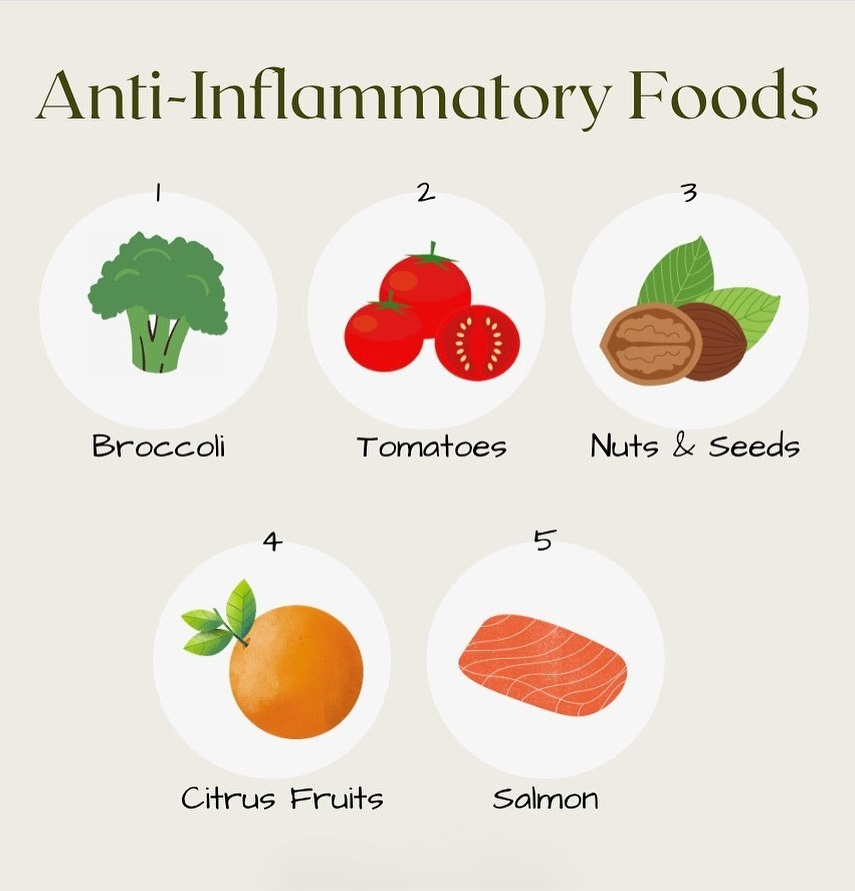
This post may contain affiliate links. If you make a purchase through links on our site, we may earn a commission.
Inflammation is an essential response that the body utilizes in the defense mechanisms against potential harm including pathogens; however, if it becomes chronic, it becomes a real issue. There is no problem in enjoying normal foods but it's important to know some foods may induce allergies in people with food sensitivities.
To avoid issues like chronic inflammation and prevent the associated diseases, diet plans of people with food sensitivities should focus on certain foods while avoiding others. Here, we have brought a list of both foods that can help people with inflammation issues maintain a balanced diet.
1. Oily Fish

Oily fish are known to have anti-inflammatory values attributed to the omega-3 fatty acids. These ideal fats, especially EPA and DHA have been particularly vital in decreasing inflammation within the body.
Omega-3 fatty acids, obtained from fish oil, can stimulate the manufacture of resolvins with anti-inflammatory capabilities. It is evident in studies that diets involving oily fish lower CRP and interleukins which are markers of inflammation that is chronic.
2. Berries
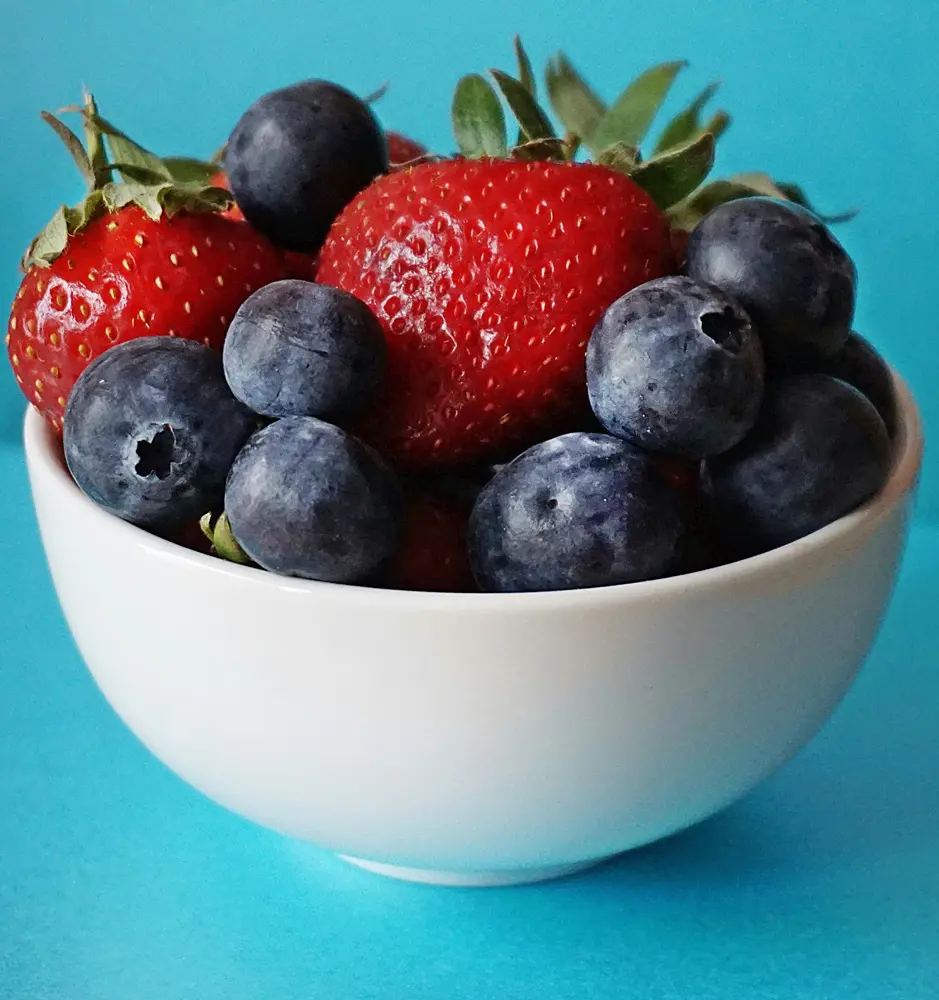
Flavonoids such as anthocyanins found in berries help reduce chronic inflammation that is related to different diseases, mainly heart disease, diabetes, as well as different types of cancer.
A review of studies conducted in 2018 claims that phytochemicals in berries can perhaps aid in cancer prevention and treatment and support immunotherapy. Besides, one prior research also noted that consumption of strawberries reduces levels of two particular biomarkers of inflammation in adults with overweight, which are linked to cardiovascular diseases.
3. Avocados
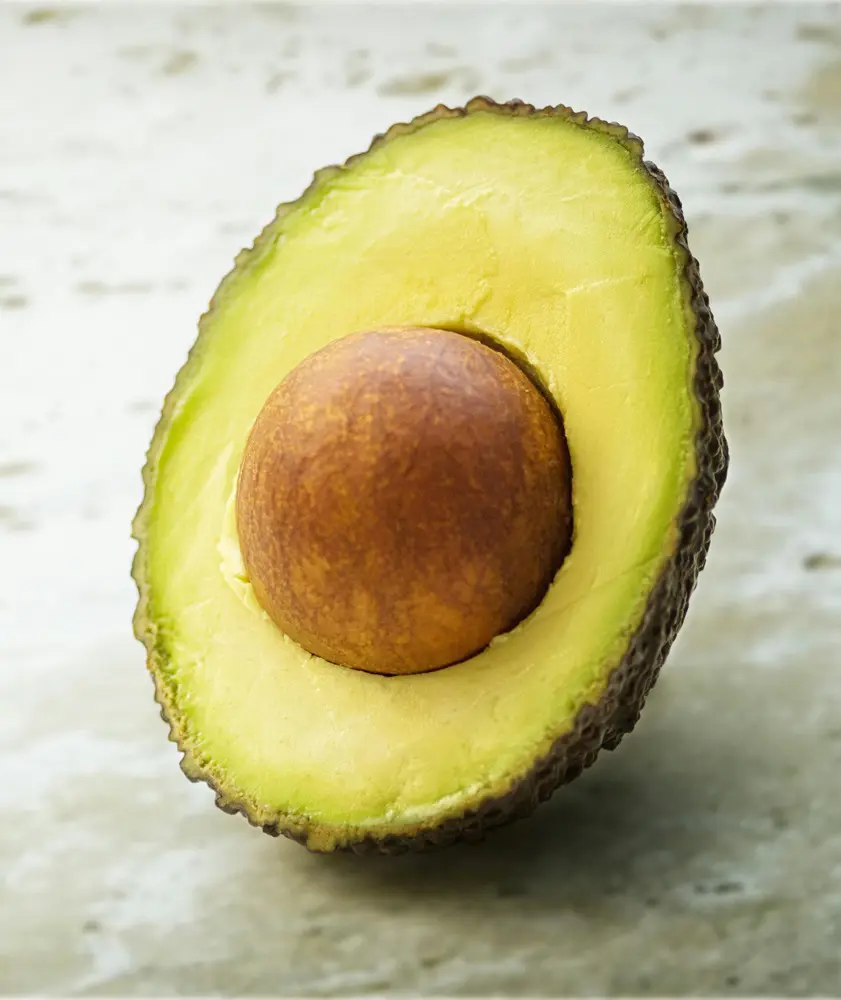
Avocados are rich in monounsaturated fats, particularly oleic acid and vitamins, minerals as well as phytochemicals that help boost the immune function and contribute towards the anti-inflammatory benefits of the fruit.
Studies have shown that the regular consumption of avocados helps in reducing CRP and the level of interleukin-1 beta in the system. Additionally, a study with subjects on a hypocaloric diet found that people consuming avocados tended to have improvement in biomarkers of inflammation than those who did not.
4. Broccoli
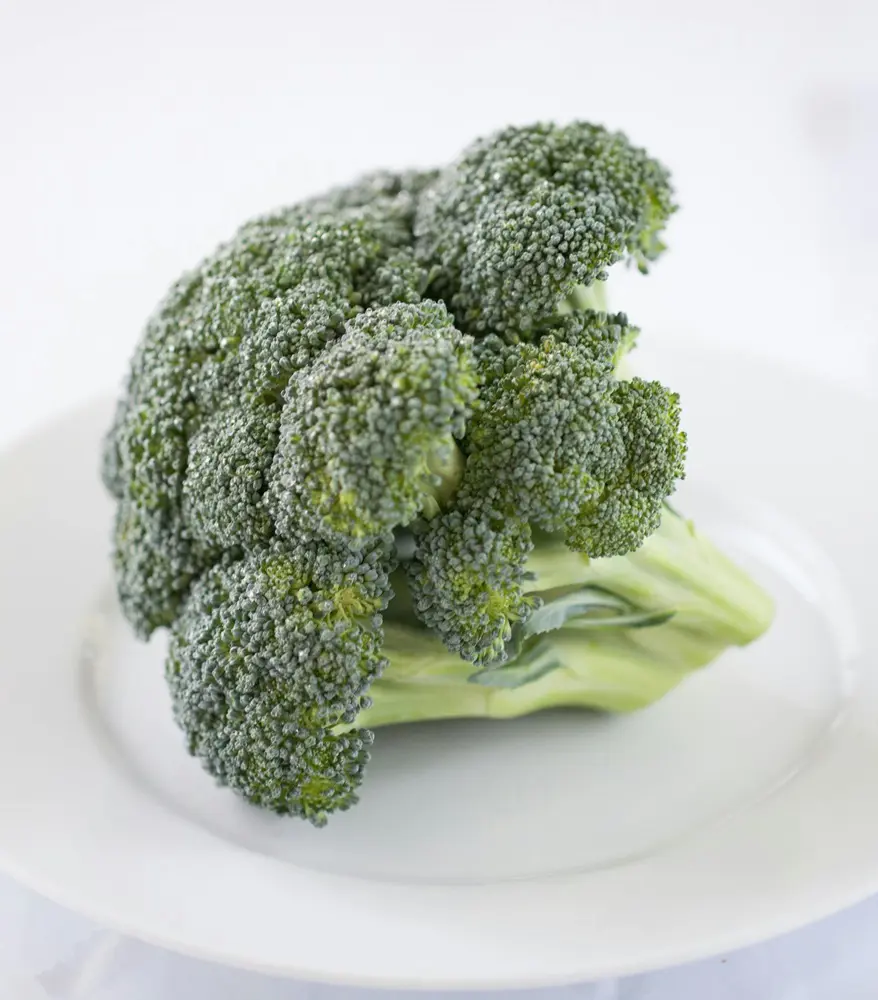
Broccoli has sulforaphane that negates free radicals to prevent inflammation by decreasing its message-instigating genes. Furthermore, lutein and zeaxanthin contribute to making it advisable to consider broccoli among anti-inflammatory foods.
Further, another flavonoid present in broccoli includes kaempferol, which has been said to reduce inflammation in most tissues. Research shows that broccoli can cause a profound reduction in inflammation markers especially among people who smoke.
Besides reducing inflammation, broccoli can benefit your health in numerous ways.
5. Ginger
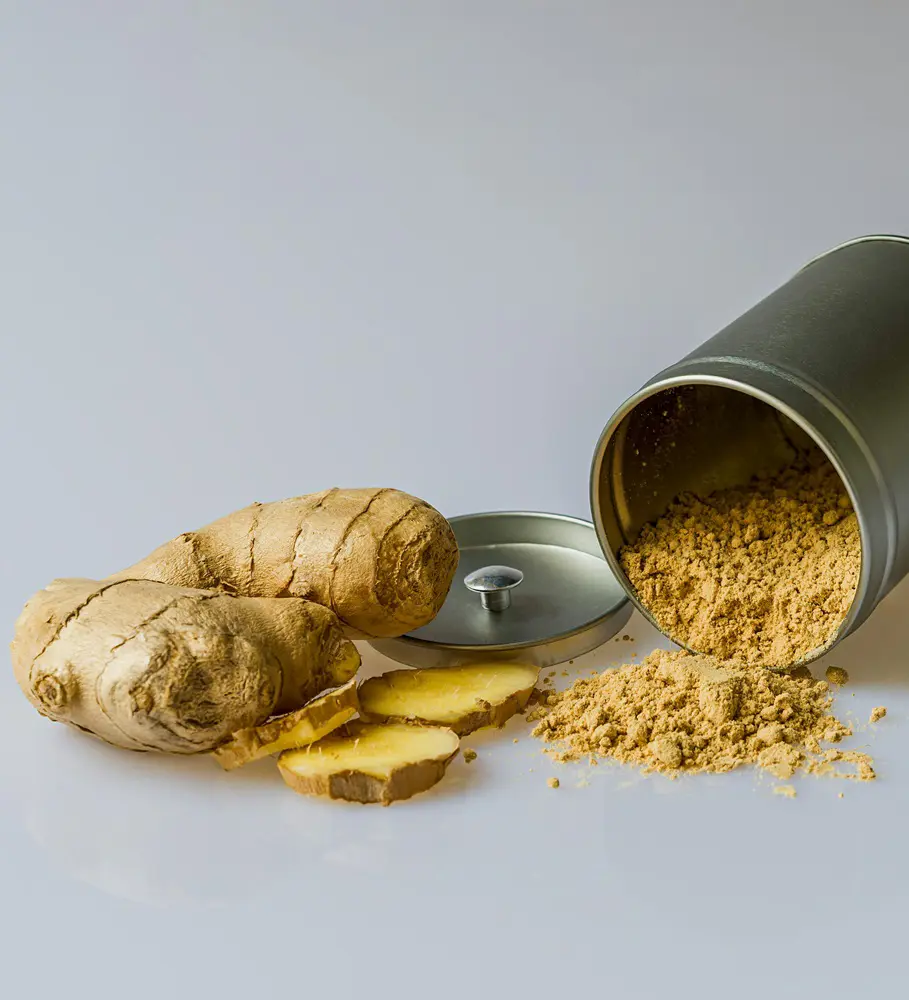
Ginger, which has been used traditionally to treat numerous ailments can therefore be viewed as a tool for managing inflammation in the body. Gingerol, one of the most active constituents in ginger is acknowledged for its highly beneficial impacts that incite the alleviation of inflammation and the promotion of antioxidant activity. Similarly, shogaol is found in ginger which contributes towards the effectiveness of ginger in addressing inflammation and pain.
Furthermore, this spice can also help alleviate inflammation in the respiratory area which may prove helpful to asthma and other inflammation-related respiratory diseases.
6. Tomatoes
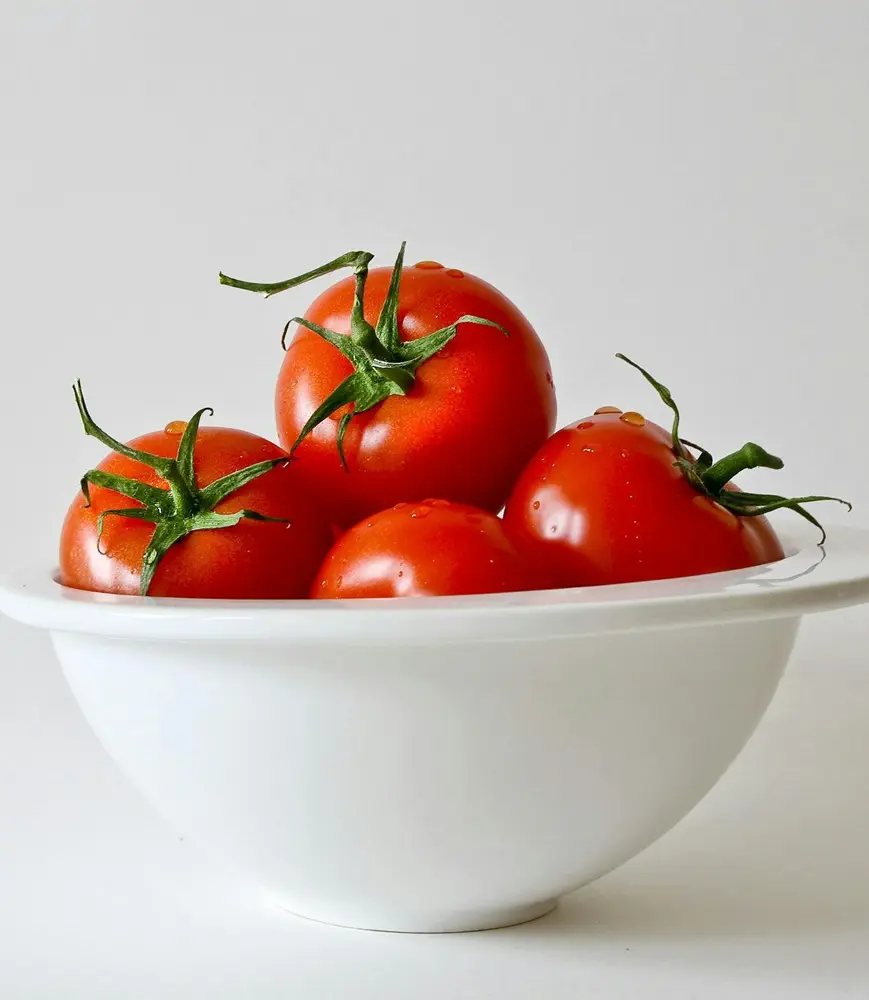
Tomatoes are one of the most highly recommended foods that are easily available as an anti-inflammatory food choice. Tomato contains a carotenoid known as lycopene which can counter free radicals and reduce several pro-inflammatory compounds linked with numerous types of cancer.
Moreover, the vitamin C and the beta-carotene present in tomatoes are valuable in increasing the body's immunity and reducing the impact of inflammation by freeing radicals. Overweight and obese persons must remember that frequent consumption of tomato products, including tomato juice, decreases the levels of inflammatory markers.
7. Cherries
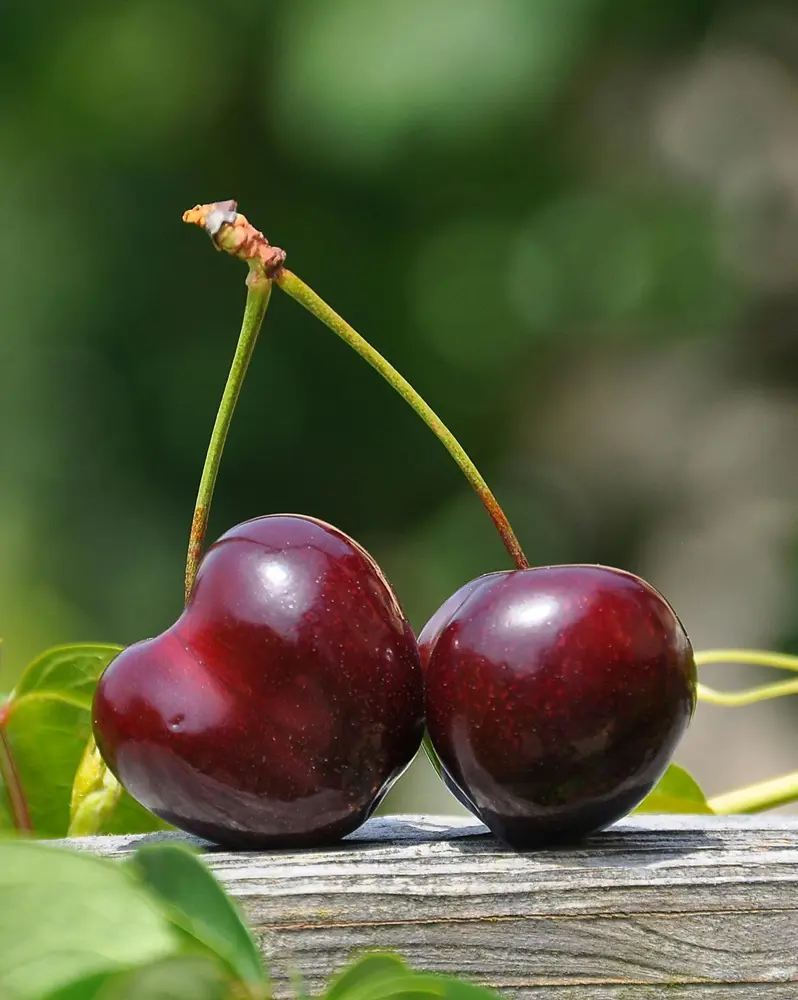
Fresh fruits, notably cherries, rank as some of the best foods that can impact inflammation; sweet and tart cherries were found to contain the most antioxidants than any other food. They are also delicious and they have phytonutrients including anthocyanins and catechins that have properties that reduce inflammation.
The cross-sectional study findings showed that there was a decrease in the value of CRP in the elders after consuming tart cherry juice daily for a period of twelve weeks. There is another study showing that consuming cherries could have a positive impact on decreased muscle pains as well as inflammation after performing intense workouts.
8. Green Tea
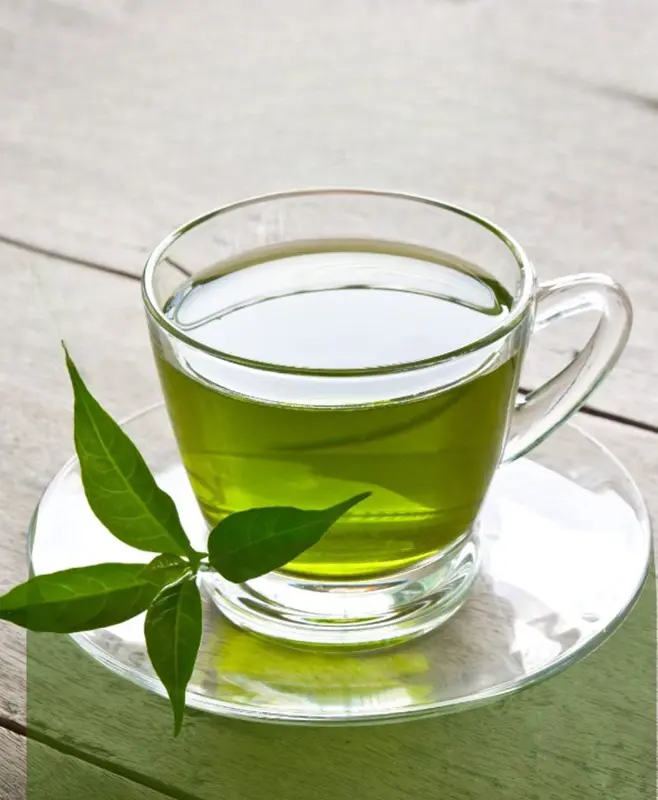
Among several benefits of green tea, reducing inflammation in the body is one of them. Polyphenols, especially EGCG contribute to most of the anti-inflammatory properties that are present in green tea. EGCG can inhibit pro-inflammatory cytokine production, which reduces inflammation in various illnesses.
Furthermore, research has indicated that green tea can prevent protein denaturation, an activity that triggers inflammation. Besides that, green tea can suppress gut inflammation and tight junction disruption which are critical for metabolic syndrome and inflammatory bowel diseases.
9. Green Leafy Vegetables
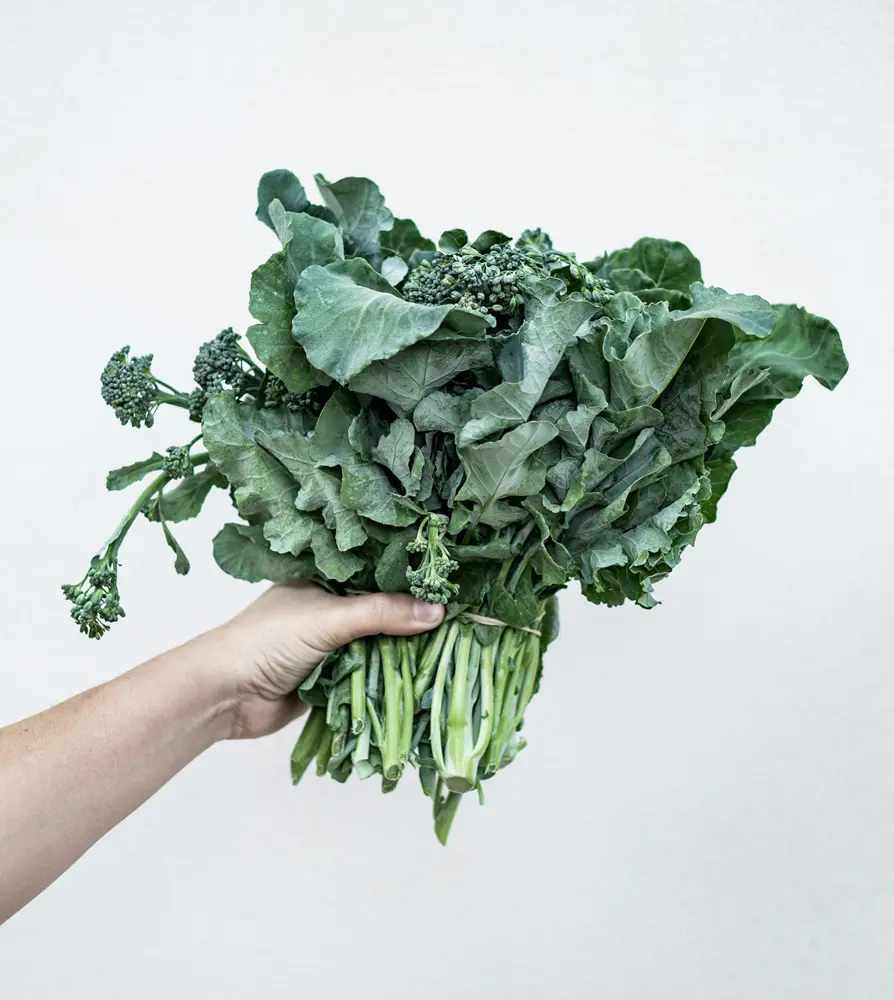
Green leafy vegetables are a basic component of the anti-inflammatory diet with a rich potential of compounds that, in turn, help fight chronic inflammation. According to research, those participants who consumed a diet loaded with vegetables were observed to achieve a notable decrease in serum CRP concentrations over time, which indicates that integration of leafy greens can indeed help reduce inflammation and, therefore, enhance health.
10. Olive Oil
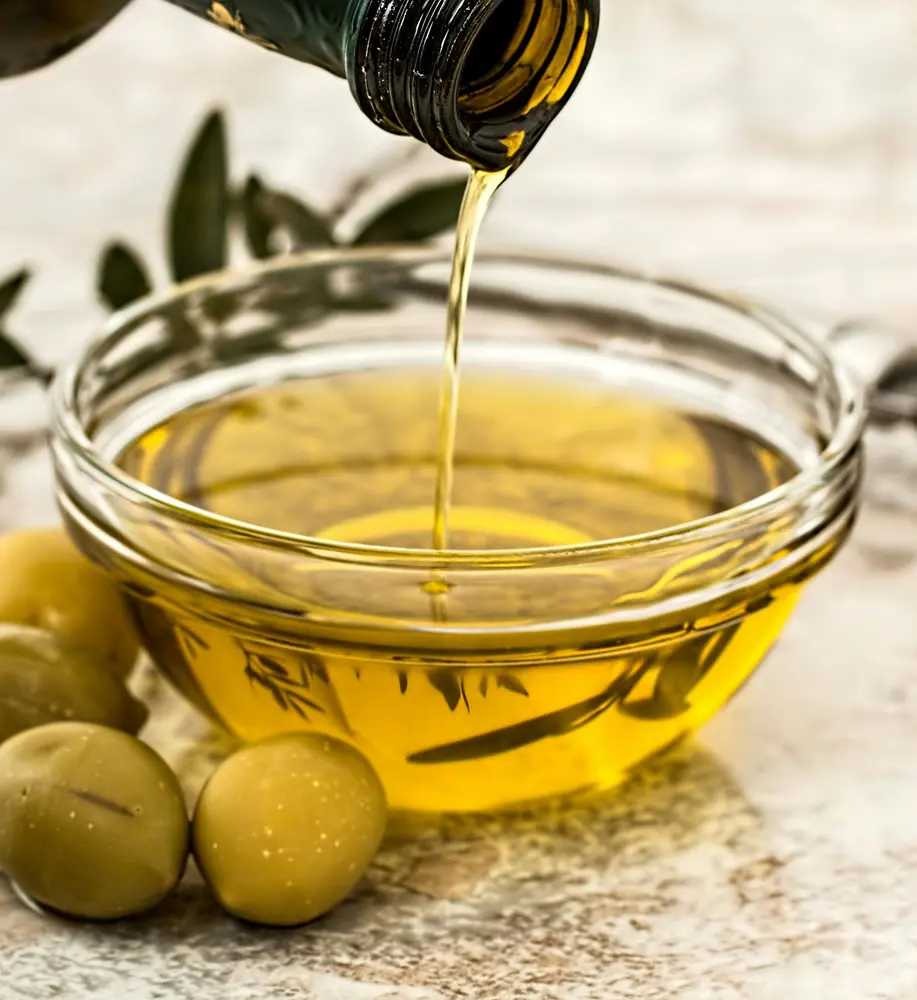
Extra virgin olive oil is also known to bring numerous health benefits, including reduced inflammation. Oleocanthal and hydroxytyrosol are components that help reduce inflammation and remain effective in halting numerous chronic diseases.
Oleocanthal has been proven to suppress cyclooxygenase enzymes which play central roles in inflammation. In addition, the other polyphenol aids in enhancing the lipid profile and reducing the level of oxidative stress- a factor believed to play an instrumental role in the etiology of chronic diseases.
11. Dark Chocolate

Largely because of its flavanols and polyphenols, dark chocolate has been considered to have antioxidant and anti-inflammatory properties, all of which could be of considerable value in improved cardiovascular health, metabolic health and neurological health as well.
Staying with the topic of chocolates, it has been found that compounds in dark chocolate can alter inflammatory reactants in the system.
Although dark chocolate has health benefits, it should be taken in small portions because it is calorie and fat-dense. Selecting varieties with 70% and above cocoa content is often suggested to get as many potential essential nutrients as possible and as little sugar.
12. Turmeric
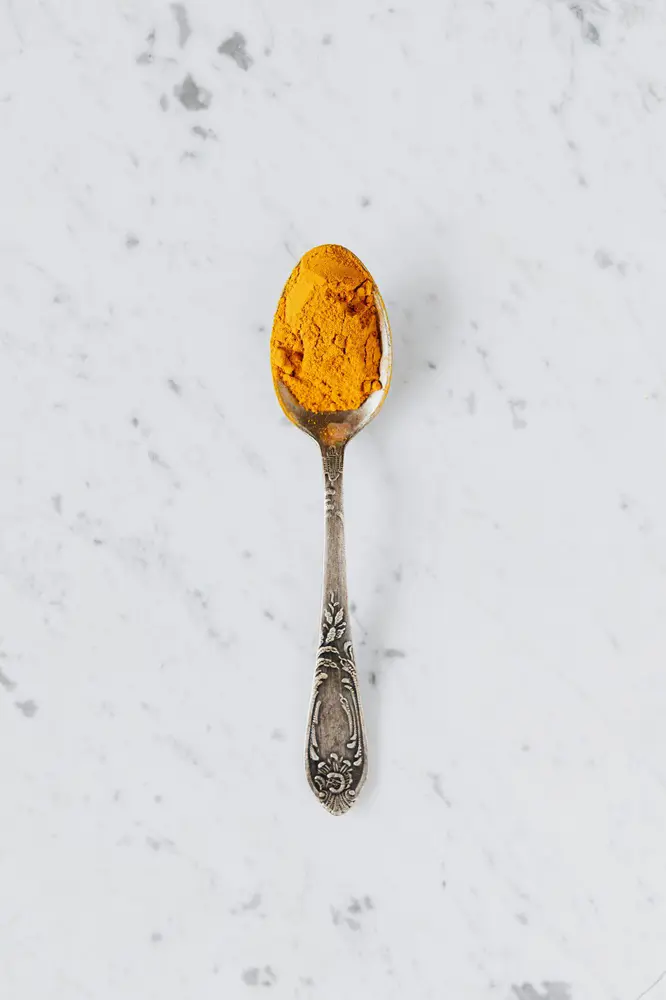
Curcumin, the main active compound in turmeric can exhibit high levels of anti-inflammatory properties. It also modulates the activity of immune cells to moderate inflammatory processes and maintains a proper reactive state, proving to be helpful for certain conditions like rheumatoid arthritis and inflammatory bowel disease.
In one research, patients with metabolic syndrome took 1 gram of curcumin daily together with piperine found in dark-colored pepper. It was observed that there were substantial improvements in the reduction of the inflammatory biomarker CRP among the patients.
In addition, turmeric possesses several health benefits that may help enhance your well-being or overall health.
13. Almonds
A meta-analysis revealed that intake of about 60 grams of almonds daily enhanced the positive impact of the dietary inflammatory index and reduced CRP and IL-6 meaning that almonds possess anti-inflammatory properties. Almond is rich in vitamin E, which shields cells that are under stress- a major cause of inflammation and other diseases.
Furthermore, other nutrients like fats, ingredients containing fiber and magnesium are also crucial for the regulation of inflammation within the body.
14. Garlic
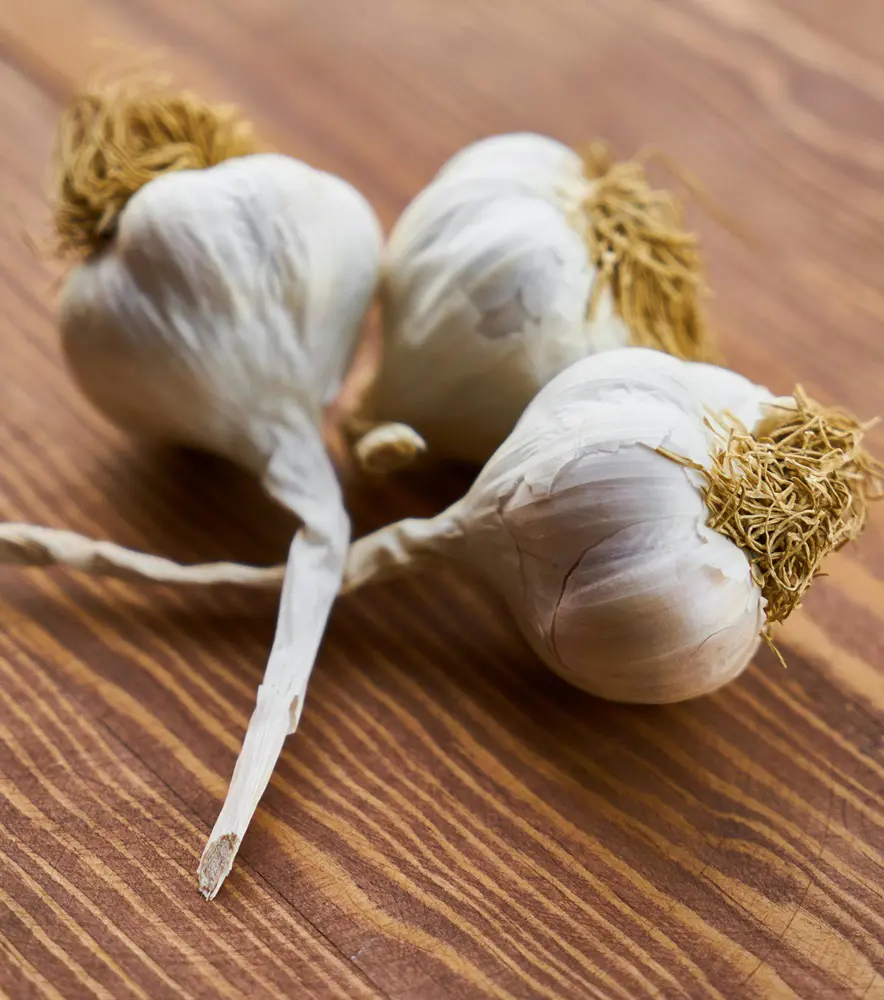
In addition to improving the flavor of foods, garlic is among the best foods that can help manage chronic inflammation. Due to the organosulfur compound especially allicin, garlic is naturally rich in anti-inflammatory nutrients. These compounds may also possess antioxidant activities and can suppress the initiation of pro-inflammatory signaling cascades.
Several observational studies and interventional clinical studies have shown that garlic extract can significantly decrease inflammatory indices in certain groups of people including those in peritoneal dialysis. Garlic extract in these studies that was given to participants as a standardized preparation, reduced IL-6 and CRP concentrations to below baseline after several weeks of administration.
15. Citrus Fruits
Citrus fruits are a source of vitamin C that helps in fighting free radicals in the body and also increases the body’s immunity. Some of the observations show that if a sufficient amount of Vitamin C is taken, then the inflammatory markers of the chronic inflammatory disease decrease. Moreover, these fruits contain flavonoids that can inhibit the pro-inflammatory cytokines and also stop oxidative stress which forms a huge part of anti-inflammatory activities.
In addition, other beneficial elements found in citrus fruits may act as regulators of inflammation. Studies suggest that moderate use of citrus juices, such as orange juice can control the effect of inflammation concerning certain meals, and enhance immune systems.
16. Beets

More complex and specific chemicals, like betalains and nitrates, have been found in beets, especially red beetroot leading to global attention as an anti-inflammatory food.
Betalains are non-toxic natural pigments that have been shown to display anti-inflammatory properties by lowering cytokine levels such as TNF-α and IL-6 and altering signaling pathways related to inflammation. For instance, research revealed that participants who took betalain-rich capsules experienced a decrease in the inflammatory markers among the osteoarthritis patients within the initial ten days of consuming the supplement.
17. Beans
Due to their high dietary fiber, antioxidant strength and presence of certain phytochemicals, beans are effective in decreasing inflammation in the body. A high-fiber diet has been found to have positive effects on the reduction of inflammatory markers including CRP and IL-6.
Also, beans have a packed nutrient profile rich in polyphenols which are useful in countering the effects of oxidative stress that is attributed to chronic inflammation in most of the body tissues. It has emerged that the polyphenolics to the largest extent present in beans are capable of suppressing inflammatory processes and the release of cytokines.
18. Whole Grain
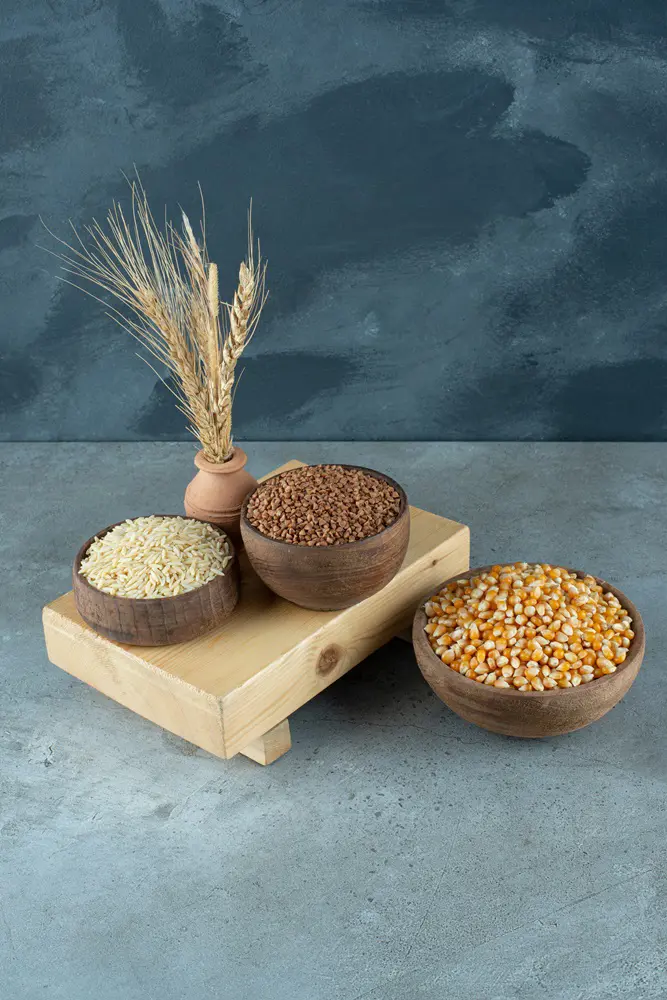
The fiber content, specifically soluble fiber is important in modulating inflammation since it aids in enhancing a healthy composition of the gut flora. It can also create active compounds that have anti-inflammatory effects within the body’s physiology.
Also, polyphenolic compounds in whole grains seem to inhibit inflammation by controlling the release of cytokines that promote inflammation while boosting anti-inflammatory reaction systems in the body.
Epidemiological meta-analysis reveals a direct correlation between enhanced whole grain consumption and lowered inflammation levels. Another critical study of persons with refined grain as part of their daily diet showed that upon transition to whole grain products, they experienced a rate of reduction of 38 percent in CRP level after 12 weeks.
19. Nuts
Underlined by the high nutritive values, nuts fall into the ranks of the best anti-inflammatory foods out there. The monounsaturated fats that are found in the walnuts help in reducing the CRP level which indicates low inflammation and tendencies of cardiovascular ailments.
Several prospective studies have shown that consuming nuts more often is linked to lower rates of cardiovascular diseases and type-2 diabetic conditions, chiefly via inflammations.
20. Pineapple
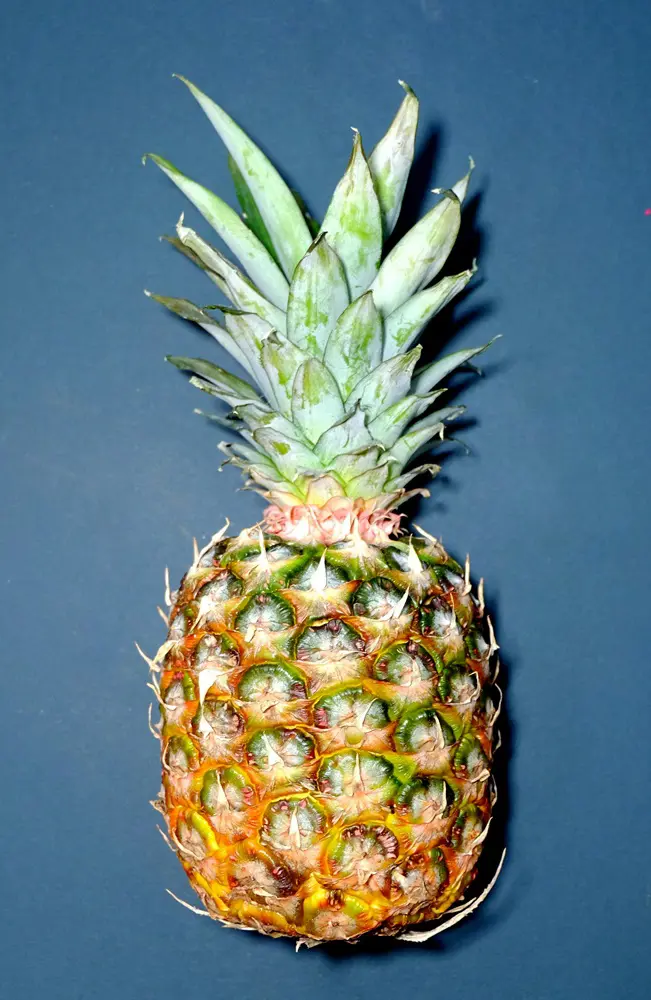
Bromelain, an enzyme of pineapple suppresses the formation of pro-inflammatory cytokines and decreases the inflammatory signals hence decreasing inflammation at the cellular level. This enzyme may also be used to manage diseases related to inflammation including osteoarthritis and sports injuries.
Also, vitamin C and phenolic compounds are attributed to the reduction of oxidative stress, which has a relationship with inflammation in most chronic diseases. Thus, the increase in antioxidants can also help in decreasing inflammation in the body as pineapple has been found to possess such properties.
Foods To Avoid

Fried Foods
Fried foods that are cooked in vegetable oils contain increased levels of omega-6 fatty acids. Even though these fats are desirable if taken in refined moderation, excessive consumption of trans fats affects the balance of omega-3 fatty acids thus encouraging the inflammatory procedures within the body.
It can also make trans fats since some oils become degraded at high temperatures during the frying process. Trans fats are known to raise inflammation and also increase your risk factors for chronic diseases including heart disease and diabetes.
Frying also results in the generation of some toxicants called advanced glycation end products (AGEs). AGEs may induce inflammation in human tissues and have been associated with the development of chronic illnesses.
Red Meat
Oxidative stress that is associated with increased risks of inflammation results from the consumption of red meat especially when consumed in large portions. Review has shown that the long-chain fatty acids in red meat may cause endoplasmic reticulum (ER) stress, thus promoting inflammation.
Cross-sectional studies and meta-analysis studies concluded that increased total red meat consumption is related to increased levels of inflammatory biomolecules that embody CRP. For instance, one systematic review that was conducted correlated higher red meat intake with increased levels of the biomarker, the blood CRP concentration, most notably in patients afflicted with medical conditions.
Other Foods To Avoid
Refined carbohydrates, sugar, processed meats, excessive alcohol and foods containing trans fats and artificial additives are also not considered good for people having inflammatory issues.
Recent posts
Lifestyle
Lifestyle
Is Ramen Healthy? Here's What Dietician Says
Ramen is a traditional dish from Japan that in the recent era has become a global phenomenon. This beloved and comforting soupy dish however has been questioned, when it comes to its nutrition. Best for those looking for a quick (instant), affo...
Lifestyle
Is Agave Good For You? Benefits, Uses And Risks
When you stroll through the sweetener section at a supermarket or any other store, you probably notice bottles of golden agave nectar or agave's inulin with labels boasting claims like "natural" and "healthy". But is this viscous sweetener which come...
Lifestyle
Is Monk Fruit Healthy? Benefits, Nutrition And Risks
Monk fruit is a simple vine of the gourd family that has recently gained fame as a sweetener. The fruit is hard to find in the market and has been less cultivated around the world, it's native to Southeast Asia. A zero-calorie sweetener, there is a l...
Lifestyle
How Much Caffeine Is in Green Tea
Green tea, a tea popular for its health benefits, comes with a gentle caffeine boost. Due to this low caffeine level, the drink can be considered perfect for those who want to stay alert without the jitters. The availability of caffeine in green tea ...
Lifestyle
The Benefits Of Avocado Seeds You Must Know About
After devouring the avocado, we have the habit of dumping the seed without giving it a second thought. However, this part of the fruit is just as essential as the avocado because it delivers numerous nutrients and potential health benefits that might...
Lifestyle
How Much Caffeine Is Too Much In One Day?
Without even realizing it, caffeine is stapling in our everyday lives. Our mornings usually begin with a cup of coffee, likewise, to get through the afternoon slump we might sip on an energizing drink or grab a refreshing soda on a sunny day to quell...
